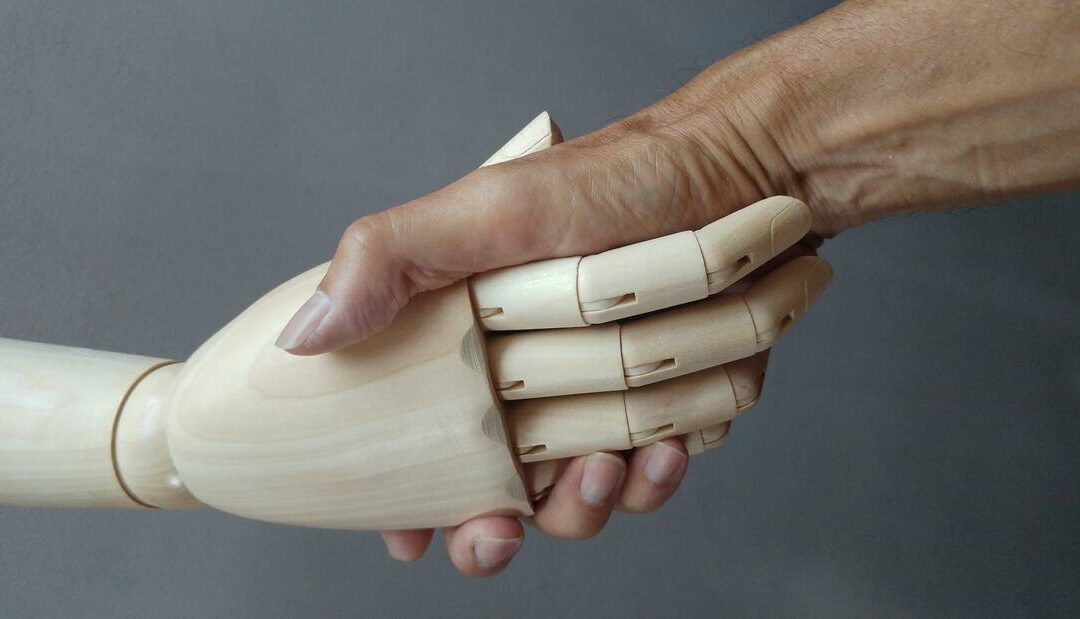Prosthetists are skilled and qualified medical professionals concerned with designing and fitting artificial supporting devices for people with disabilities. These devices are usually of the limbs and include artificial limbs (prostheses), surgical devices, etc. Apart from fabricating the devices, a prosthetist is also responsible for replacing and repairing them when necessary.
Before starting your prosthetic journey, an important step is to find yourself a great prosthetist who understands your needs and provides you with the best medical care. Though a nearby clinician may be more convenient in such instances, they may not be the one you’re looking for.
The process of finding a skilled prosthetist requires some time and effort from your end. In this blog, we will review the things you should consider when looking for a prosthetist. That’ll narrow down your list to a few Prosthetists, which you’ll need to visit to commit to one.
So, let’s begin!
1. Ask Around in Your Circle
The very first step to finding a qualified prosthetist is to ask people around in your circle. That includes your family, friends, colleagues, acquaintances, and so on. They may have a few suggestions that you may benefit from.
A clinic’s website, and online reviews sites, such as Yelp, may also help find a specialist. The opinions of other people regarding a specific prosthetist may provide you with valuable information about their experiences, helping you decide whether you should give them a visit.
Often, the recommendations from your primary care physician, dentist, or pharmacist can be of great significance. Therefore, you should consider asking them for suggestions. If there’s not enough valuable information regarding your clinician, look for other factors when considering a prosthetist.
2. Excellent Communication Skills
Every person visiting a prosthetist has unique health needs, and a good clinician must consider them when planning their treatment. But that’s not the only requirement, as excellent communication skills are also a must when it comes to being a great prosthetist.
Your health care professional should be able to convey all the information regarding your prosthetic treatment simply and clearly. They should be able to empathize with and listen to your needs and preferences. Since you’ll be in a long-term relationship with your prosthetist, they should never disregard your concerns.
A great clinician will answer all your queries and inform you about every step of your treatment plan. Furthermore, they should be able to educate you about the precautions you will need to take with your prosthesis.
3. Expertise in their Field
Knowledge and competency are critical qualities that you should always search for in a prosthetist. Since they’ll be dealing with complex cases, you should first get confirmation they have a license to practice. Websites like Certification Matters will tell you whether your clinician is board-certified or not.
Another way to check is by going to their clinic website or looking for their online profile on LinkedIn, and so on. A skilled prosthetist should also have adequate research on the latest advancements regarding prosthetic devices to stay up to date.
Hence, finding research work written by a clinician suggests that they are knowledgeable about the most recent developments in their profession.
4. Cooperative and Kind
A great clinician will try to build a healthy relationship with their patients. A prosthetist should collaborate with you on all the possible treatment options and inform you about the pros and cons of each type of prosthesis.
They should understand your concerns, make attempts to address them promptly, and provide explanations of each treatment method they use.
Furthermore, your prosthetist should be kind and caring. They should be able to empathize with you and offer kind words and comfort when needed. Disregarding your feelings should never be an option. You should be able to voice your feelings and opinions to your clinician without fear of being judged.
5. Cost Friendly
The cost of your treatment is also important to consider when finding a prosthetist. Choose a specialist that is in-network with your insurance. This means that your healthcare plan will pay for your prosthesis and your regular visits to the clinician.
If you pick a specialist who’s “out of network,” they won’t accept your insurance, and you may have to pay for all of your visits and prostheses yourself.
Another way to effectively select a prosthetist is to compare the prices of their services with others in your area. Since your treatment will be long-term, try to manage the cost at every step of your prosthetic journey.
6. Inquire About Logistics
One factor that many people may overlook is the logistics. How are you going to commute to their clinic? Should you look for a clinic closer to your house or office? You should also consider the timings. Are you going to visit during office hours or on the weekend? When does the prosthetist see their patients? Do they offer same-day appointments? These are a few questions you should ask yourself before selecting a prosthetist.
Additionally, you may want to find out how long it takes to receive test results. As technology advances, some clinicians may also provide virtual appointments. So, you may schedule them at times when visiting the clinic becomes difficult.
7. Visit the Prosthetist
Once you’ve picked a prosthetist and gathered all the relevant information, you may still have to visit them once to familiarize yourself with their clinic. You should feel at ease in the environment at the clinic since you’ll be visiting it frequently.
You should also evaluate how the prosthetist greets and talks to you and others in the clinic. Moreover, you can check if they have a proper setup with all the required equipment.
Conclusion
Selecting a prosthetist is important since you will have to connect with them for a long time. We suggest you check out our qualified prosthetists at Align Clinic to provide you with outstanding care. Our clinics are at four different locations, so book a consultation today and start your prosthetic journey with us.




